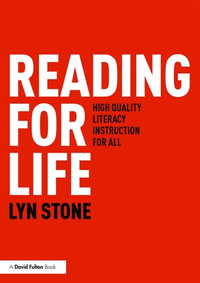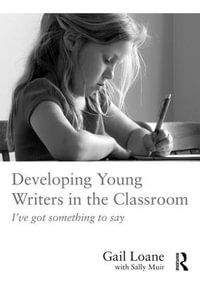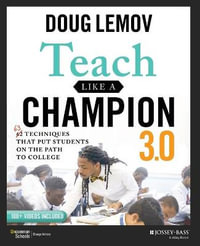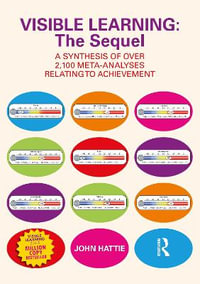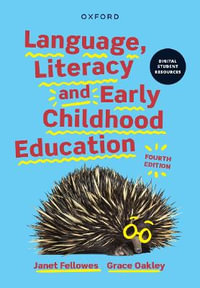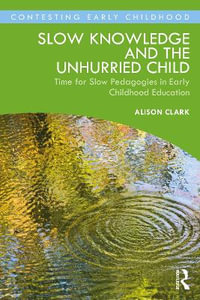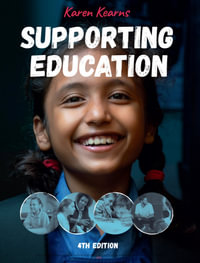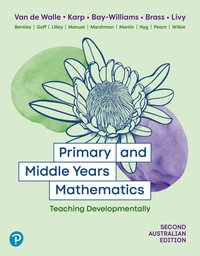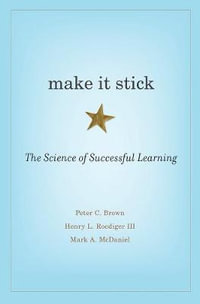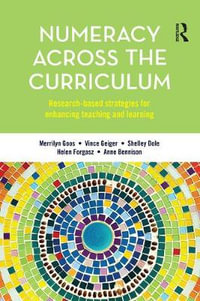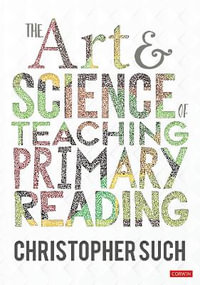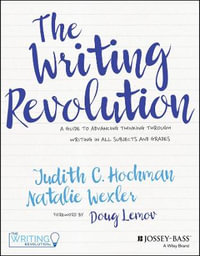This is the first textbook in the "New Childhoods" series, examining attitudes towards, and experiences of childhood today."Rethinking Childhood" examines attitudes towards, and experiences of, childhood.
Focus is placed on opposing the processes by which children are made to be 'other': the ways in which children are separated and segregated by adults.Phil Jones explores different aspects of childhood: from education to health, from national policies to home life. A wide range of thought, research and practice from different fields and countries is used to debate, challenge and re-appraise long held beliefs, attitudes and ways of working and living with children.
Children's own perspectives on their lives and on adults' attitudes towards them are drawn on throughout the book. The result is a wide-ranging invitation to the reader to become aware of current perspectives on children and childhood, to develop a critical relationship with the content, and to develop their own 'reading' of childhood. Each chapter contains examples of research, reflections on research, activities, key points and guidance on further reading.
Areas include:
- How is childhood changing?
- What is research revealing about attitudes towards children?
- Do adults encourage the idea of children as incapable and incompetent?
- How do adults fear for, and their fears of, children affect children's lives?
- How does the media affect children's lives?
- How does a child rights perspective challenge service provision?
- In what ways are children's voices and opinions changing our world?
"Rethinking Childhood" is essential for those studying childhood at undergraduate and graduate level and for those working with children in any field, from education to health, from play to law.
- Is childhood changing?
- What effects are new ideas about childhood having on children's lives?
- How are children's voices and opinions affecting the services they use?
Contemporary debates on the nature of childhood, attitudes towards children, the experiences of children and the emergence of a child rights agenda are resulting in a re-examination of theory, practice and research in many fields.
" New Childhoods" offers a re-appraisal of the meaning of childhood - a series of texts that are succinct, accessible and engaging in introducing undergraduates to key areas of Childhood Studies, Education Studies and Sociology, and in disseminating new thinking, research, scholarship and practices.Books in this series will also be of interest to those who are preparing to work with children, such as teachers, early years practitioners, youth workers, health workers and psychologists.
Key features include:
boxed summaries of research which engage the reader in analysis; case studies to explore each issue in context; tasks to develop critical thinking; and, pointers on further reading.
Each volume promotes a child rights perspective, and provokes a re-examination of child-adult relationships in the contexts of family, community and state. Insights and experiences across fields such as sociology, philosophy and psychology are combined to encourage an inter-disciplinary approach.

